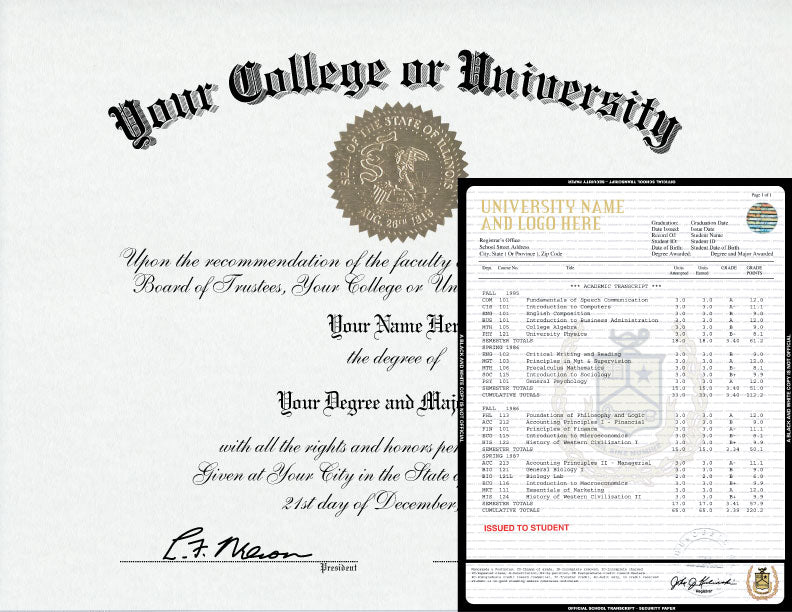The Benefits of Employee Recognition

Consider the last time you poured your soul into a project or presentation, shaped it into something you were proud of, and executed it flawlessly. This sensation of success is pleasant, but feeling successful multiplies tremendously when others recognize it. The simple act of recognizing accomplishment impacts staff morale and performance significantly. Consequently, employee appreciation is crucial. When workers are recognized for their accomplishments, they feel ownership and pride and are eager to work as hard on the next project. Recognition strengthens their connection to the business, improves performance, and enhances the probability that they will remain.
This article describes how to recognize employees in a manner that significantly impacts employee engagement, performance, and retention.
What is staff appreciation?
Employee recognition is the public acknowledgment and commendation of an employee's conduct or accomplishment. Organizations use it to show gratitude, inspire staff, and reinforce desirable behavior. You will be closer to unleashing your workers' full potential if you often provide them with genuine, well-deserved acknowledgment. Authentication offers three essential functions:
Display Goal Accomplishment
A simple "thank you" is frequently sufficient to express gratitude to the staff. People want to feel that their efforts and accomplishments are appreciated. When a person accomplishes a personal or professional goal, they experience a surge of achievement, which is enhanced when others notice and applaud the accomplishment. If you want to make an impact, present achievements in a certificate holder so your employee knows the company values them.
Inspire Effort
Recognition is not limited to performance alone. Recognize and reward workers that go above and beyond. This facilitates the development of emotional ties to the job, which drive future success.
Reinforce Values
More commonly acknowledged behaviors and activities demonstrate to workers what is valued by managers, leaders, and the business as a whole. When workers are admitted for adopting a behavior consistent with corporate values, they are more likely to maintain that conduct and set an excellent example for others.
What is the value of employee appreciation?
When workers feel appreciated, they are more engaged, driven, and inclined to go above and beyond for the organization. Organizations with formal recognition programs have 31% less voluntary turnover than those without a plan. And they are twelve times more likely to achieve positive business results. If leaders want to contribute to the success of their employees, teams, and businesses, they must emphasize employee appreciation.
The Link Between Employee Recognition and Motivation
Employee engagement is intrinsically tied to performance, objectives, recognition, growth, and management efficacy. And praise is one of the most influential factors in employee engagement. Employee appreciation boosts company morale because the employee feels:
- This company's top executives consider people their most valuable asset.
- I am confident that I will be acknowledged if I contribute to the organization's success.
- I understand how my work contributes to the success of the company.
Positive Aspects of Employee Recognition
Employee recognition is a basic human need. When workers feel valued and acknowledged for their accomplishments, they feel more connected to their job, team, and business.
Other Advantages of Employee Recognition
- Enhanced productivity and motivation
- Reduced staff turnover Enhanced employee satisfaction and job pleasure Enhanced team culture
- Higher client loyalty and satisfaction ratings
- Increased quality employee retention
- Reduced anxiety and absenteeism
Employee Recognition Types
The manner of acknowledgment is crucial. Every employee responds differently to recognition. Some individuals get a lift from public acclaim, while introverted employees prefer a modest or intimate gesture. After determining the employee's personality type, provide them with the sorts of acknowledgment that are most meaningful to them.
Peer Versus Superior
Receiving favorable comments from a boss or superior verifies the quality of work. Impressing a superior promotes job stability and the probability of a promotion or salary raise. But sometimes, it feels just as fulfilling to be acknowledged by a colleague, even one lower on the organizational hierarchy. Regardless of its source, appreciation is gratifying.
Attribution Versus Anonymity
Most recognition is bestowed by a recognizable party. Generally speaking, there is no need to separate acknowledgment from its provider. Occasionally, an anonymous shout-out or thank you letter left on an employee's desk might be just as effective. It eliminates the notion that the donor is bestowing praise to seem to be a team player instead of really expressing gratitude.
Social Versus Private
As stated before, no two workers choose the same kind of appreciation. Some individuals want the limelight, but others shun it like the plague and prefer quiet praise. Each individual's choices in terms of recognition should be taken into account. Whichever method works best for your company, an appreciation acknowledgment should be presented in a certificate holder. Otherwise, what is your employee supposed to do with a piece of paper? That's adding more work for the employee, which is counterproductive to your goal here.
Behavior Versus Accomplishment
Recognition is sometimes tied to measurable achievements, such as reaching a sales target or remaining with a business for 20 years. However, praise may also be given for working additional hours, going above and beyond to assist a colleague, or hosting a fantastic corporate party.
Final Thoughts on Employee Recognition
Do not overlook the chance to honor your personnel. Demonstrate your commitment to your employees' career development and success by celebrating their achievements and advancements during their employment. Regular and recurrent appreciation demonstrates your want to keep them motivated to achieve future goals. To add a touch of class and solidify the importance of awards and certificates, it is crucial to present them professionally in a certificate holder.
Employees recognize genuine expressions of gratitude. Your organization risks disengagement, poor morale, higher turnover rates, and a lack of employee motivation when the acknowledgment is false, thoughtless, or inconsistent. Don't make that mistake. Contact Hey Congrats, and design your certificate holders today!




